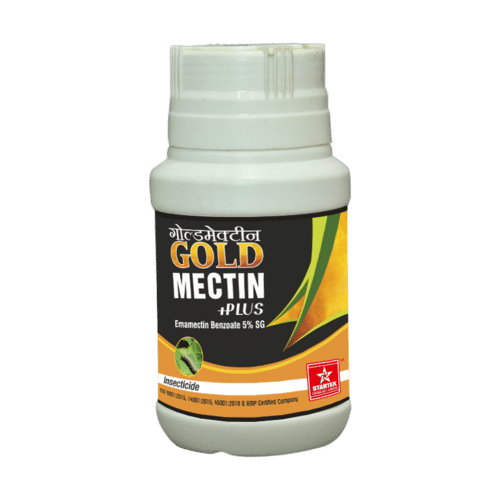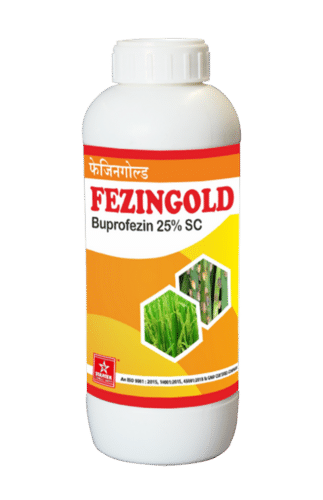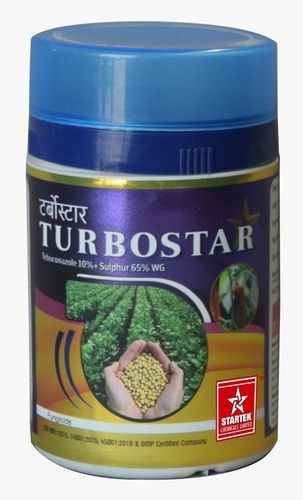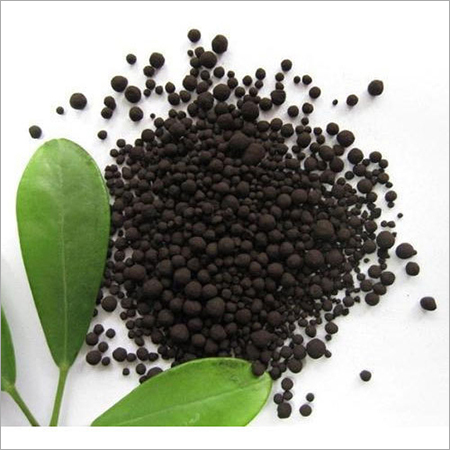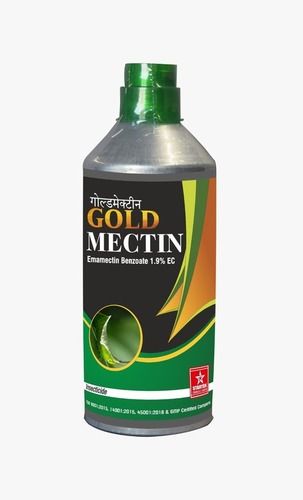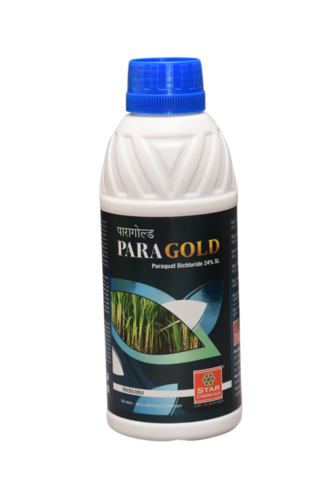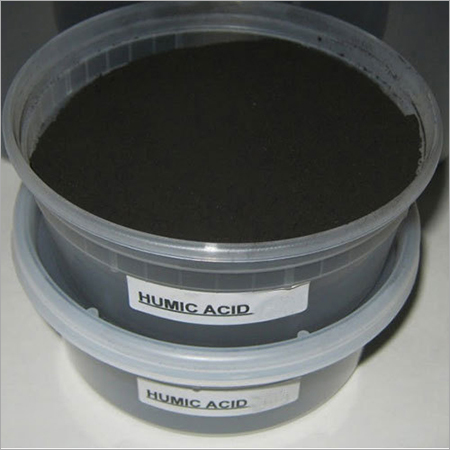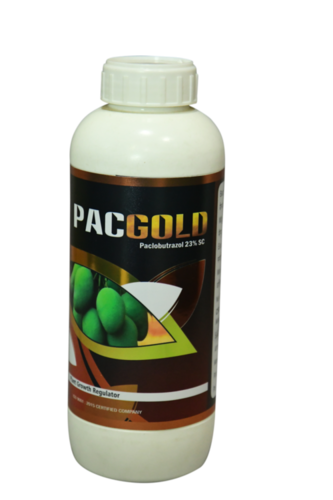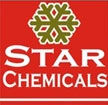
Showroom
These Agro Chemicals are used in increasing the production of agricultural activities. The chemicals have great water solubility, balanced pH level, consists of different trace elements with good shelf life.
Our formulated insecticides act as the protecting agents for horticulture and vegetable crops. Protective from white flies, our insecticides are effective in safe and applied to the crops after mixing with water. Our range of Insecticide Products is packed in variegated packaging needs to meet the diverse clients requirements.
Plant Fungicide are an organic product developed by our specialist experts for crop disease management. These fungicides are put through rigorous testing to ensure that they are of good quality and operate well. They suppress fungal diseases such as rust, brown spot, collar rot, blight, and loose smut on all plants and crops.
Agricultural Fertilizers are made from three essential nutrients nitrogen, phosphorous and potassium. These chemicals helps in growing of plants, retain the soil fertility and increase the production rates of growing crops.
We are known as the best manufacturers, suppliers and exporters of Agricultural Insecticide in the market. This product is used for killing the insects. It finds application in agriculture and medical industries.
These organic products are grown without using fertilizers and pesticides with a judicious, responsible and social environmental approach. Grown with the help of experienced experts, our offered products are considered being healthier, safer and more sustainable than organic products.
Humic Acid for Plant Growth Regulator is used as plant biostimulant directly on plants in low concentration. It is ideal to enhance the nutrient uptake, quality and plant growth. This is safe to use and available in 100% effective form without any adulteration.
We are a known Trader and Supplier of Plant Growth Promoter. This is massively used to improving the production of flowers. It is formulated using ongoing techniques and quality assured ingredients following set standards.
Back to top

 English
English Spanish
Spanish French
French German
German Italian
Italian Chinese (Simplified)
Chinese (Simplified) Japanese
Japanese Korean
Korean Arabic
Arabic Portuguese
Portuguese

